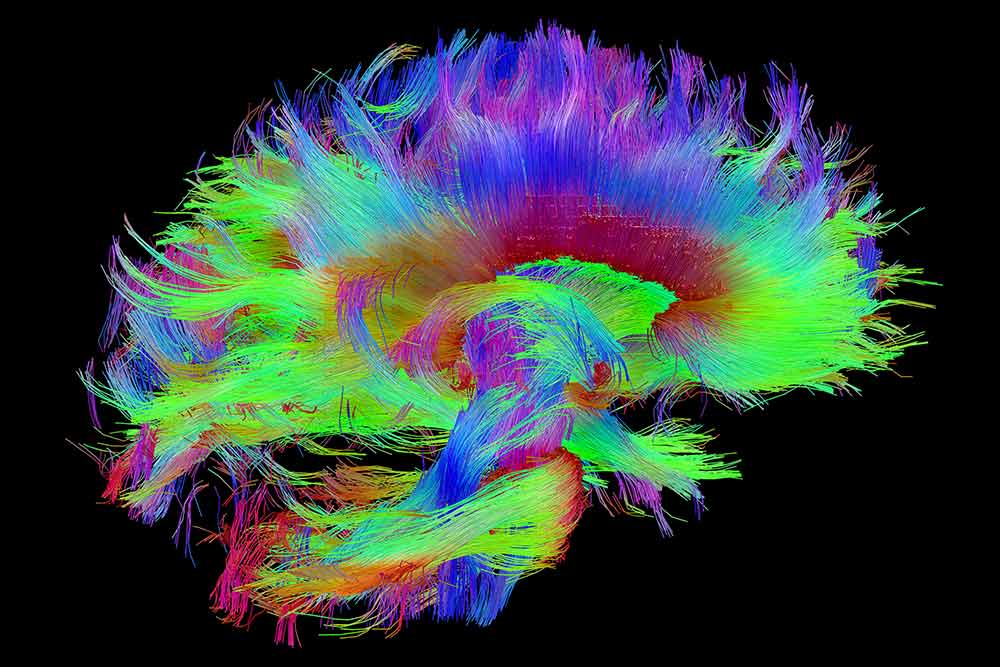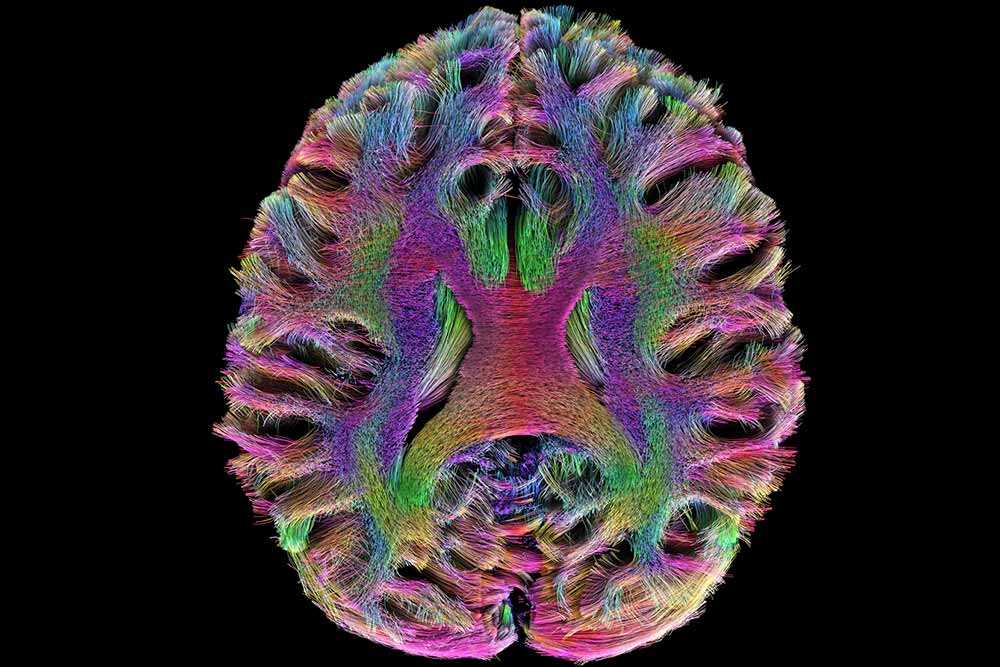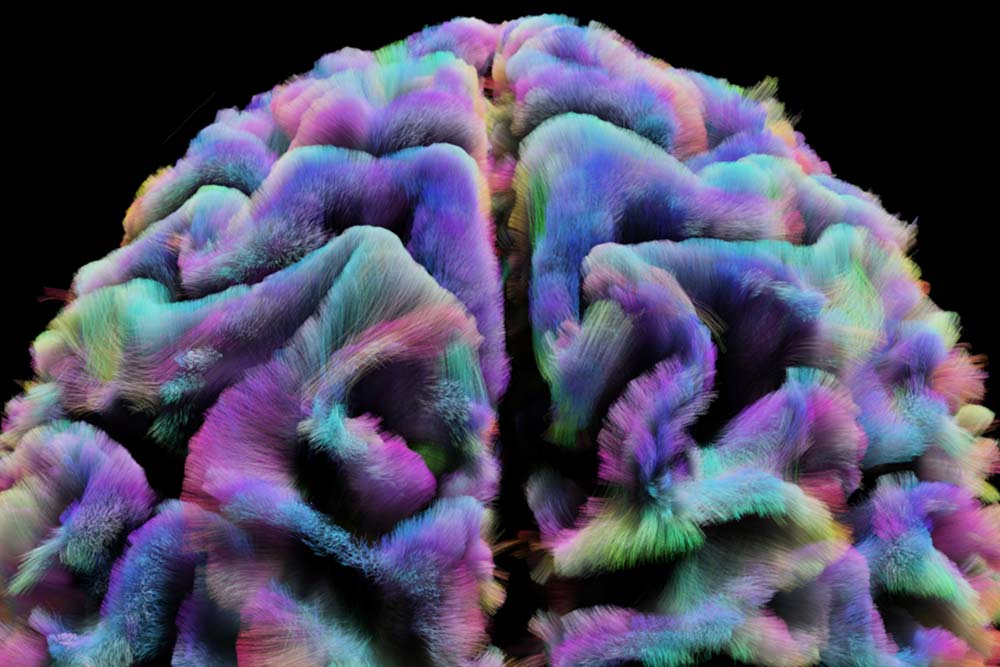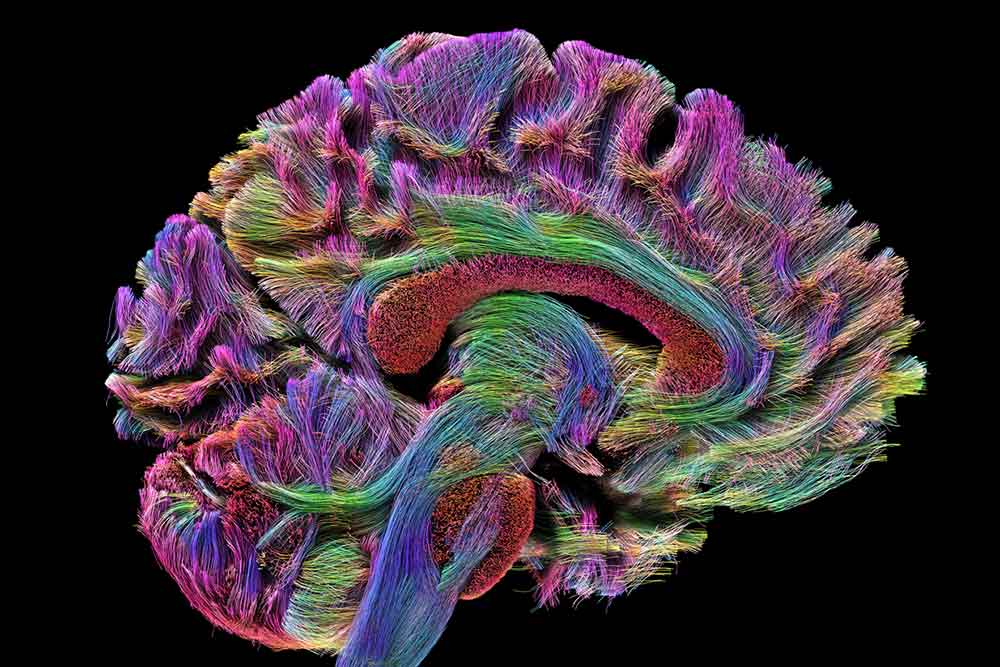Epilepsy Care
Our experts can help you regain a healthy, productive life, whether the kind of epilepsy you have is simple or complex.
Epilepsy Care
Our experts can help you regain a healthy, productive life, whether the kind of epilepsy you have is simple or complex.
Accessible and Customized Epilepsy Treatment
At the USC Comprehensive Epilepsy Center, we’re here for you every step of the way. We create an epilepsy treatment plan based on your needs, including complete care for seizures. From diagnosis to rehabilitation, our team makes sure that you receive the most comprehensive care available.
The National Association of Epilepsy Centers designated us a Level 4 center, the highest rating available. That means we excel at caring for even the most complex types of epilepsy. Our expert team is made up of board-certified epileptologists, neurosurgeons, neuroradiologists, neuropsychologists, physician assistants, epilepsy nurses and research coordinators. We are dedicated to excellence and committed to your health.
Surgical Treatments We Offer
Surgical treatment of epilepsy has proven to be successful in attaining seizure freedom for many people. Our surgical outcomes demonstrate the benefits of surgery and the expertise of our neurosurgeons. A surgical procedure is analyzed to determine the risks of surgery against its outcomes. The goals of epilepsy surgery and treatment are to:
- Reduce or eliminate seizures
- Reduce or eliminate the need for medication
- Stop the progression of the disease
If your care team determines that you are a candidate for surgical intervention, our neurosurgeons are at the forefront of leading-edge techniques.
Surgical Resection
Our multidisciplinary team will determine whether or not you are a candidate for resective surgery. In this type of surgery, the neurosurgeon will remove the seizure focus that causes the seizures.
Phase II Monitoring
We utilize stereotactic electrodes and minimally invasive stereo electroencephalogram (EEG) when possible. Other techniques may include subdural grid and/or strip electrodes, or a combination of these subdural electrodes with depth electrode recordings.
Laser Ablation
Our neurosurgeons are experts in the use of laser ablation techniques for epilepsy. Laser ablation surgery is a minimally invasive technique that precisely removes the seizure focus.
Neuromodulation Devices
If you are not a surgical candidate, you may be offered neuromodulation devices. Currently, we implant the NeuroPace RNS device and the LivaNova VNS. These devices work in conjunction with medications to potentially reduce or eliminate seizure activity.

Diagnostic Tools
We give you access to the very latest in diagnostic technology to evaluate results, ensuring the right diagnosis and the right treatment plan for you.
Neurologic Consultation
The information provided to the epileptologist during an initial consultation helps the team create a personalized care plan for you.
Neuroimaging
Neuroimaging procedures, such as computed tomography (CT) scan, magnetic resonance imaging (MRI), positron-emission tomography (PET) scan and ictal SPECT, help us gain a better understanding of what is happening inside your body. Our center is equipped with 3T MRI scanners and provides MRI/PET fusion techniques, for the most comprehensive and current imaging options available.
Neurophysiology
Electroencephalographic (EEG) monitoring is one of the most valuable tools available to help epileptologists diagnose and treat epilepsy syndromes. We offer inpatient and outpatient EEG services, as well as video EEG, which involves recording brain activity and the physical manifestations that accompany the seizure. The information collected helps determine the most appropriate treatment by providing a more accurate diagnosis of the types of seizures experienced.
Neuropsychological Assessment
A number of specially designed tests are carried out by a neuropsychologist. The tests can reveal important information about certain functions of your brain, identify abnormal brain function and can help determine types of epilepsy, as well as the causes and sites of seizures.
Wada test and Intracranial EEG mapping
The purpose of the Wada test is to discover which side of the brain is primarily responsible for language and memory. The results of the test will help guide options for surgery. The goal of intracranial EEG mapping, commonly known as brain mapping, is to gather more precise data on areas of the brain not reachable by conventional scalp EEG.

Multidisciplinary Support Services
We offer a full range of epilepsy support services and expert specialists that will help you achieve the most optimal outcome. The following services are available on an acute or ongoing basis, as needed:
Women’s Epilepsy Care
Our physicians have expertise to properly guide women with epilepsy through various life stages. If you are seeking to become pregnant or are already pregnant, we have the expertise to ensure the best possible outcome for both mother and child.
Young Adult Transition Program
This program is designed for patients ages 18-26 years of age, who are transitioning between their pediatric epilepsy program and our adult epilepsy program. We provide a bridge between pediatric clinicians and our team to ensure a smooth transition. We provide education, guidance and periodic assessments to young adults to improve confidence and understanding for better self-management of their epilepsy.
Neuropsychology Services
Our neuropsychologists provide comprehensive evaluation for patients who are being considered for surgical options. We also work with you to provide cognitive behavioral therapy sessions when needed.
Occupational Therapy/Lifestyle Redesign
Our occupational therapists use Lifestyle Redesign to help create health-promoting habits and routines to better manage your life. We evaluate you and provide individualized treatment plans to help with medication compliance, sleep hygiene, stress management and understanding of seizure triggers.
Diet and Nutritional Services
Our dietitians work with youto provide education and counseling on all dietary options, assisting with the design of the healthiest eating guidelines for patients with epilepsy.

USC Epilepsy Care Consortium
The USC Epilepsy Care Consortium represents a unique effort to understand the issues that limit access to critically needed services across our health care ecosystem and to develop creative patient-centered solutions. Our group provides specialized care and offers a comprehensive team approach to the diagnosis and treatment of epilepsy.
The Consortium was created to serve several important roles:
- Provide equitable access to specialty care in our diverse communities
- Maintain strong partnerships with community hospitals across Central and Southern California to provide quality care
- Share our latest technological resources and provide multidisciplinary care for patients with intractable epilepsy living in underserved, rural areas
- Provide education and awareness on the latest advances on research and patient care practices
For more information, visit the consortium website.
Consortium Partners:
- Children’s Hospital Los Angeles
- Children’s Hospital of Orange County
- Cottage Hospital
- Hoag Hospital
- Kaweah Delta
- Keck Medical Center of USC
- Kern Medical Center
- Los Angeles General Medical Center
- Providence Mission Hospital
- Rancho Los Amigos National Rehabilitation Center
- Valley Children’s Hospital

Epilepsy Webinars
Learn from our experts about the latest in research, emerging technologies, and treatment for epilepsy-related topics.
Register todayDonations
Please consider making a gift to support the impact of our critical epilepsy mission.
Make a giftThe Most Innovative Epilepsy Therapies
All our teams include an epilepsy neurologist to ensure your epilepsy diagnosis and treatment are correct.
We offer the latest advances in epilepsy treatment options, including neuromodulation, neuroresponsive modulation and targeted brain surgery.
We created a unique rehabilitation program, known as Helping people with Epilepsy Acquire Life skills (HEAL), that has helped scores of patients regain important life skills.
As a Level 4 epilepsy center, we see more patients than almost any epilepsy center in the world.
We incorporate research and education as key components of our goal to find an epilepsy cure.
The Calm After the Storm
Patient Story
I said, ‘Let’s go.’ This was my chance to get better.
